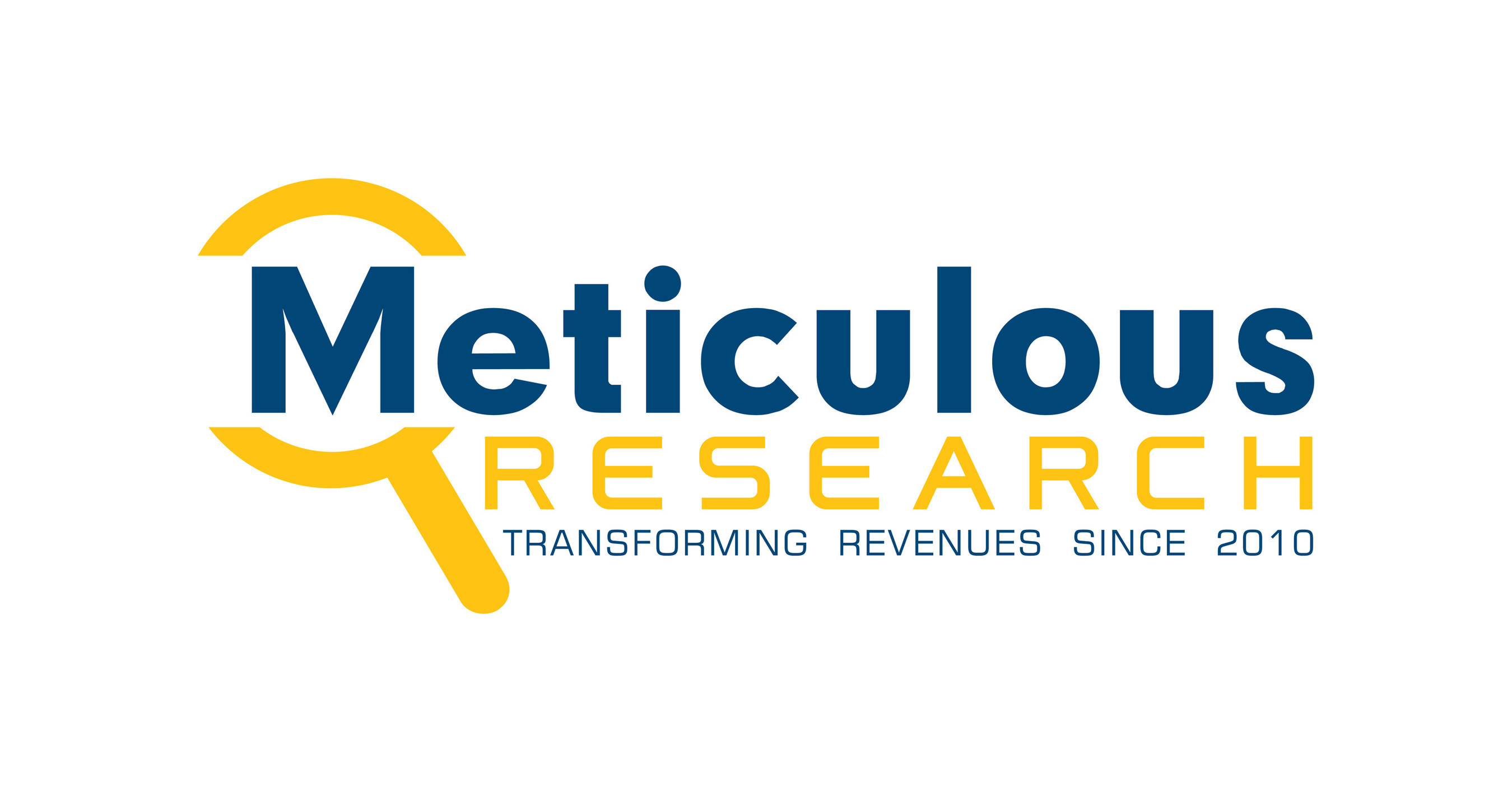For most vegans, it’s the eye-roll-inducing question that never dies: ‘But where do you get your protein?’ It can pop up at barbecues, on first dates, or at family dinners sandwiched between questions about B12 and how much you miss bacon.
Mic the Vegan, one of the plant-based community’s favorite science YouTubers, recently took aim at this long-standing question. In a new video, he breaks down the most common misconceptions about vegan protein intake, and more importantly, arms viewers with an up-to-date, science-backed, and surprisingly hopeful rebuttal.
Mic, a longtime YouTube creator with a background in public health, has been vegan for over 15 years, and his video explores the evidence around plant protein and debunks myths that it’s inferior to animal protein. “If I couldn’t get enough protein on a vegan diet, I would not be standing here today,” he says. “I have gained 30 pounds since going vegan.”
Let’s break down the key takeaways from his ultimate protein explainer.
Mic opens with the reality that few people actually understand protein. “I don’t think the average person would pass any sort of protein knowledge test,” he jokes. He points out that the US Dietary Guidelines recommend just 0.8 grams of protein per kilogram of body weight – a level easily achieved with a plant-based diet.
He adds: “All of the nitrogen that animals can get is originally from plants.” In other words, even animal protein starts as plant protein. So asking a vegan where they get their protein is a bit like asking where they get their air.
All essential amino acids are available in plant foods, and as long as someone is eating enough calories from a variety of sources, they’re likely hitting their targets. “I have never not hit every single amino acid that is essential,” he says, referencing his use of the app Cronometer.
Mic explains that eating more than 2,000 calories a day of varied whole plant foods provides all essential amino acids – often in amounts exceeding recommended levels. He explains that people who appear protein-deficient are more likely under-eating overall, not lacking protein specifically.

If plants have enough protein, then what about building muscle?
Mic tackles the bodybuilding bro myth head-on: “About 80 percent of bodybuilders take isolated protein powders,” he notes, arguing that even omnivores aren’t getting enough from food alone. “[That] shows that their meat diet is not even giving them enough.”
Research on muscle building suggests that consuming more than 1.6 grams of protein per kilogram of body weight provides no extra benefit. Anything more, he says, “you’re just going to be making more work for your kidneys, spending more money, and just peeing it out.”
Mic walks through a wave of new research comparing plant and animal proteins in muscle protein synthesis, the process that builds muscle after exercise. One surprising study funded by the beef industry found “no statistical difference” between the two.
He points to recent studies showing that vegans can build muscle and strength at the same rate, or even faster, than their omnivorous counterparts in some exercises: “Incline bench gains were larger in the plant-based group than the meat-based group.”
As proof that muscle can thrive on plants, Mic shouts out vegan bodybuilder Robert Cheeke, who gained weight and strength by tracking calories – not by obsessing over protein. He also showcases a long list of muscular vegans. These include strongman Patrik Baboumian, bodybuilders like Nimai Delgado and Jehina Malik, and fitness influencers on TikTok such as Maya (Constant Growth) and the Vegan Hybrid.
One of the most compelling segments of the video focuses on the growth rates of mammals and how much protein they require. “Human breast milk has the lowest protein content of any mammal on planet Earth,” Mic states, noting that during infancy, babies double in size rapidly. “We’re growing way faster than we ever do…on a substance that has less than 1 gram of protein per 100 grams.” This is significantly less than the protein in cow’s milk or even ape milk, and about one-tenth of that in rat’s milk.
This fact sets the stage for questioning the obsession with high protein intake – especially from animal sources – and opens the door to understanding that humans don’t necessarily need as much protein as many believe, particularly from meat.
Mic connects high protein intake, particularly from animal sources, to increased risk of chronic disease, aging, and cancer. He explains how excess protein can overstimulate biological pathways like mTOR and IGF-1, which regulate growth but are also linked to age-related disease. Overactivation of these pathways, he warns, may accelerate aging and heighten cancer risk.
By comparison, plant protein does not trigger the same biological responses. “Plant protein can improve the kidney flow function and lower complication risk,” he explains, citing increasing literature urging those with chronic kidney disease to adopt plant-based diets.
Vegans also typically consume about half the saturated fat of omnivores, which lowers LDL or “bad” cholesterol – a major factor in heart disease.
One of the most interesting developments comes from gut microbiome science. Mic explains how fiber, which is abundant in plant foods, gets converted into short-chain fatty acids that boost muscle protein synthesis. “Fiber is the new protein,” he says.
He also points to the Stanford twin study, where one twin on a vegan diet showed better aging markers, cholesterol, and higher levels of the amino acid glycine – critical for collagen production. Animal products, Mic explains, may interfere with glycine absorption by increasing gut bacteria that consume it.
Mic closes by circling back to the central question with a dose of humor and clarity. “If you feel like nobody cares if you live or die, you should simply go vegan,” he jokes. “Because then everybody will care about every little minute detail such as protein and little vitamins and just wonder how you’re doing all the time.”
Ultimately, the video is a science-packed rebuttal to outdated protein myths. Vegans get their protein from legumes, grains, tofu, tempeh, nuts, seeds, and sometimes supplements – just like omnivores who also rely on powders. And the latest science shows they’re building muscle just as effectively, while lowering disease risk in the process.
“Clearly they are getting all of their essential amino acids, etc,” Mic concludes. “And they’re doing it in a way that has a lower risk of diseases including our leading killer…heart disease risk.”
You can find more videos about vegan nutrition and health on Mic the Vegan’s YouTube channel.












